
THC | Source: Zeal CBD
When it comes to cannabis, most people are familiar with the psychoactive compound delta-9 THC.
But there is another THC variant that is starting to gain more attention: delta-8 THC. While both of these compounds come from the same plant and have many similar effects, there are some key differences between delta-9 and delta-8 THC that are important to understand.
First, let’s take a closer look at each of these compounds.
Delta-9 THC is the most commonly known and studied THC compound. It is the psychoactive component of marijuana that is responsible for the “high” that users experience. Delta-9 THC is found in the trichomes, or resin glands, of the cannabis plant and is typically present in higher concentrations in the flowers and leaves.
Delta-8 THC, on the other hand, is a lesser known THC variant that is found in smaller quantities in the cannabis plant. It is also psychoactive, but it is less potent than delta-9 THC. Delta-8 THC is typically found in the stems and leaves of the plant, and is more difficult to extract and isolate compared to delta-9 THC.
One of the main differences between delta-9 and delta-8 THC is their potency.
Delta-9 THC is much more potent than delta-8 THC, and this can be attributed to the fact that delta-9 THC is found in higher concentrations in the plant and is more easily extracted and isolated. Delta-9 THC is also more potent because it has a higher affinity for the CB1 receptors in the brain, which are responsible for the psychoactive effects of THC.
Another difference between these two THC compounds is their potential medical benefits.
While both delta-9 and delta-8 THC have been shown to have some therapeutic benefits, delta-8 THC has been found to have a lower potential for abuse and dependence. This is because delta-8 THC has a lower affinity for the CB1 receptors in the brain, which means it is less likely to produce the psychoactive effects that can lead to abuse and dependence. Delta-8 THC has also been shown to have anti-anxiety and anti-nausea properties, making it a potential treatment for conditions such as anxiety and chemotherapy-induced nausea.
In terms of legality, delta-9 THC is still considered a controlled substance under federal law in the United States, while delta-8 THC is not. However, some states have their own laws regarding the legality of both delta-9 and delta-8 THC, and it is important to check with your state’s laws before using either of these compounds.
One thing to note is that delta-8 THC is not found in high concentrations in most strains of cannabis.
This means that it is more difficult to find delta-8 THC products, and they may be more expensive than delta-9 THC products. However, the way companies produce delta-8 THC is through synthesizing CBD into delta-8 THC. We go more into detail on the delta-8 THC synthesization process here.
In conclusion, while delta-9 and delta-8 THC both come from the cannabis plant and have similar effects, there are some key differences between these two compounds. Delta-9 THC is more potent and has a higher affinity for the CB1 receptors in the brain, while delta-8 THC is less potent and has a lower potential for abuse and dependence. Delta-9 THC is also a controlled substance under federal law, while delta-8 THC is not. However, both delta-9 and delta-8 THC have potential therapeutic benefits and are being studied for their potential use in the treatment of a variety of medical conditions.



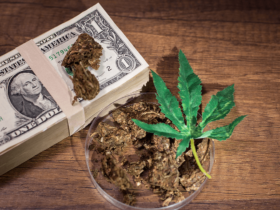
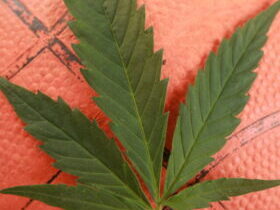







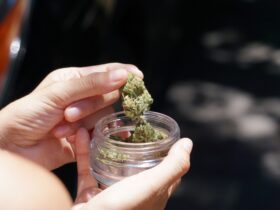



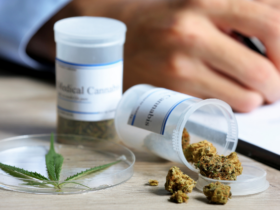
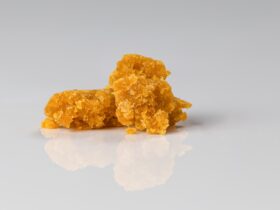

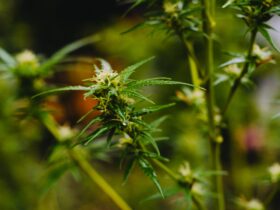



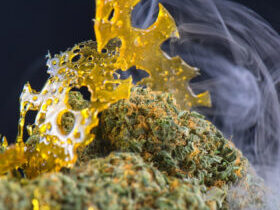

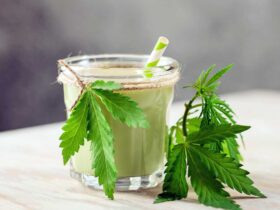


Leave a Reply